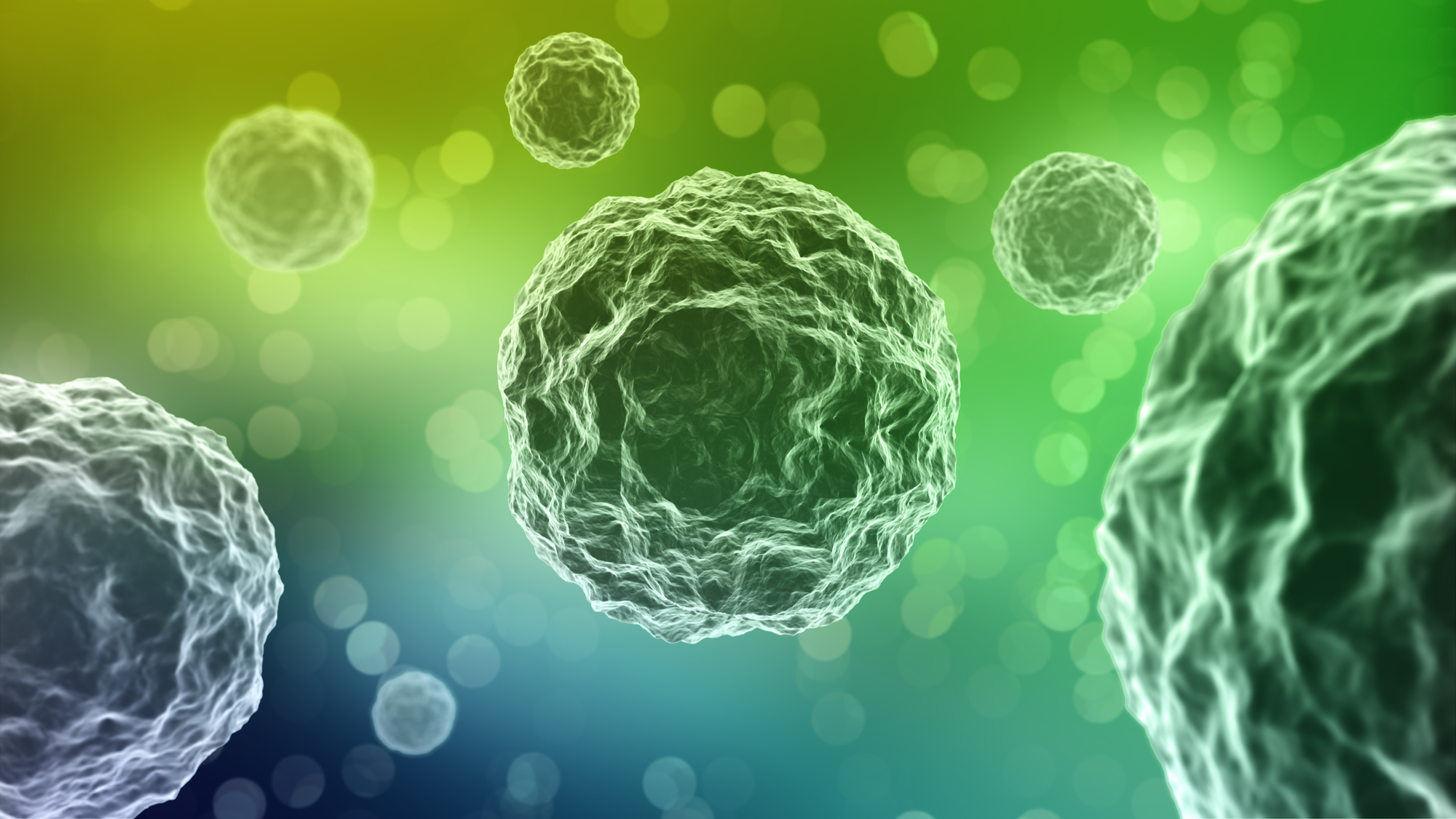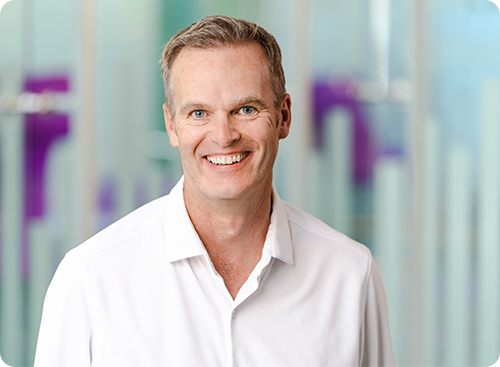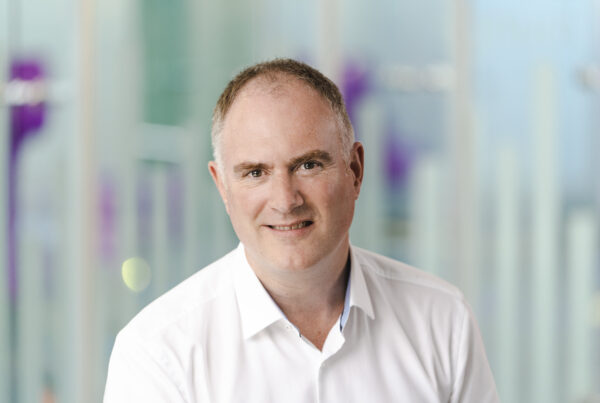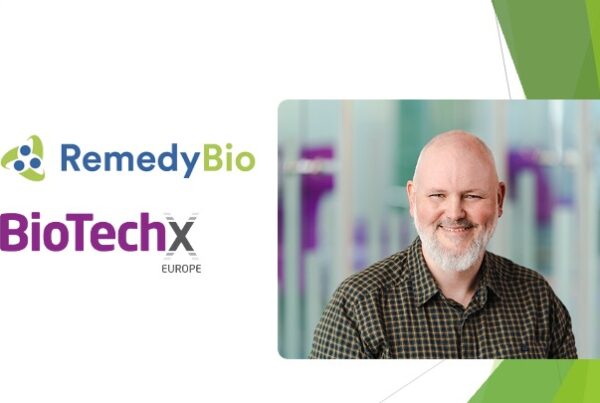Leading experts in immunology, immuno-oncology and cancer cell therapies bring their expertise to advance development and clinical goals of company
Dublin, Ireland, May 25, 2022 – RemedyBio, a biotech company pioneering its proprietary ultra-high throughput single cell Nanoreactor™ platform for discovery and development of novel immuno-therapies for solid cancers, today announces the creation of its Scientific Advisory Board. The initial members are Dr. Sophie Papa, a leading clinical scientist in immuno-oncology, Dr. Simon Chowdhury, a prominent consultant medical oncologist, and Prof. Luke O’Neill, a world renowned immunologist. Each will offer unique perspectives into the development and clinical application of novel immune-based therapies.
Dan Crowley, CEO at Remedy Biologics, welcomed the new scientific board members: “Sophie, Luke and Simon each bring profound scientific, clinical and development experience in oncology and immuno-therapies. We look forward to their unique insights and contributions as we move our discovery pipeline and consortium projects forward, and further develop our Nanoreactor platform. It is a great privilege to work with them in bringing a new era of effective, safer therapies to cancer patients.”
Dr. Sophie Papa (FRCP, PhD.)
Dr. Papa is chief medical officer at Enara Bio. Previously, she was a consultant medical oncologist at King’s College London (KCL) and Guy’s and St Thomas’ NHS Foundation Trust (GSTFT), where she remains a clinical reader in immuno-oncology. Sophie has extensive clinical trial experience as a principal investigator in the GSTFT early phase trials team, with a particular focus on the design and delivery of first-in-human studies of T-cell therapies for solid tumours. Sophie completed her medical training at the University of Oxford and Imperial College London, and went on to complete a PhD in solid tumour CAR T-cell cancer immunotherapy at King’s College London.
Dr. Simon Chowdhury (M.D, PhD.)
Dr. Chowdhury is a consultant medical oncologist and is actively involved in clinical trial research. He received his first degree from the University of Cambridge and qualified as a doctor at Guy’s and St Thomas’ Medical School. He completed his PhD in tumour targeting at University College London and also trained at St George’s and The Royal Marsden Hospitals. Dr. Chowdry was a visiting fellow at Harvard Medical School and the Dana Farber Cancer Institute in Boston, with which he retains strong links. He was a member of the National Cancer Research Institute clinical studies group for Prostate Cancer. He is also the global and national study chair for current studies investigating ways of improving systemic therapy for genitourinary cancers. Simon has authored over 150 papers on urological cancers in peer-reviewed journals (including New England Journal of Medicine, Nature Medicine, the Lancet, Lancet Oncology and the Journal of Clinical Oncology) and has contributed to ten oncology textbooks. He is a member of both the European and American societies of oncology and is actively involved in their annual meetings.
Prof. Luke O’Neill (FRS, MRIA)
Prof. O’Neill holds the Chair of Biochemistry at Trinity College Dublin where he leads the Inflammation Research Group. After receiving his PhD in pharmacology from the University of London, he carried out postdoctoral research at the Strangeways Research Laboratory in Cambridge, funded by the Medical Research Council. His research is focused on the molecular basis of inflammation, with a particular emphasis on innate immunity, toll-like receptors, inflammasomes and metabolic reprogramming in macrophage activation. O’Neill has been named by Clarivate/Thomson Reuters as one of the world’s most influential scientists and has won numerous awards for his research. These include the European Federation of Immunology Societies medal, the International Cytokine and Interferon Society Milstein Award, The Royal Dublin Society Boyle Medal for Scientific Excellence and The Royal Irish Academy Gold Medal for Life Sciences. He was elected a Fellow of the Royal Society in 2016.
Using its proprietary Nanoreactor technology, RemedyBio is quickly building its reputation and collaborative programs with leading institutions and partner companies, discovering new insights and treatments in immune oncology.
“RemedyBio’s approach to identifying new therapies is based on our ability to see how millions of individual immune cells function within disease biology, creating new ways to use the immune system against complex and challenging cancers. We are taking the next step in quantifying and characterising the functional immune system, going far beyond multi-omics to gain deep insight into new targets and new therapies for immuno-oncology,” said Dan Crowley.
About RemedyBio
RemedyBio is a Dublin based biotech company discovering and developing new, patient-derived precision and process therapeutics for immuno-oncology and immune disease, by combining the power of ultra-scale single cell analysis and viable recovery in its Nanoreactor™ platform.
The complex biology of the human immune system holds the power to cure major diseases including cancer and immune disease. RemedyBio’s Nanoreactor platform unlocks this complexity, by identifying the therapeutic function of each and every cell, and their interactions in disease situations. With the ability to make the invisible visible in the immune system, RemedyBio is driving a new era in precision therapies, collaborating with leading pharma, biotech and research institutions to deliver safer, more effective and longer lasting treatments to people living with cancer and other major diseases.
www.remedybiologics.com
Media and analysts contact
Andrew Lloyd & Associates
Emilie Chouinard – Saffiyah Khalique
emilie@ala.com – saffiyah@ala.com
Tel: +44 1273 952 481
@ALA_Group



